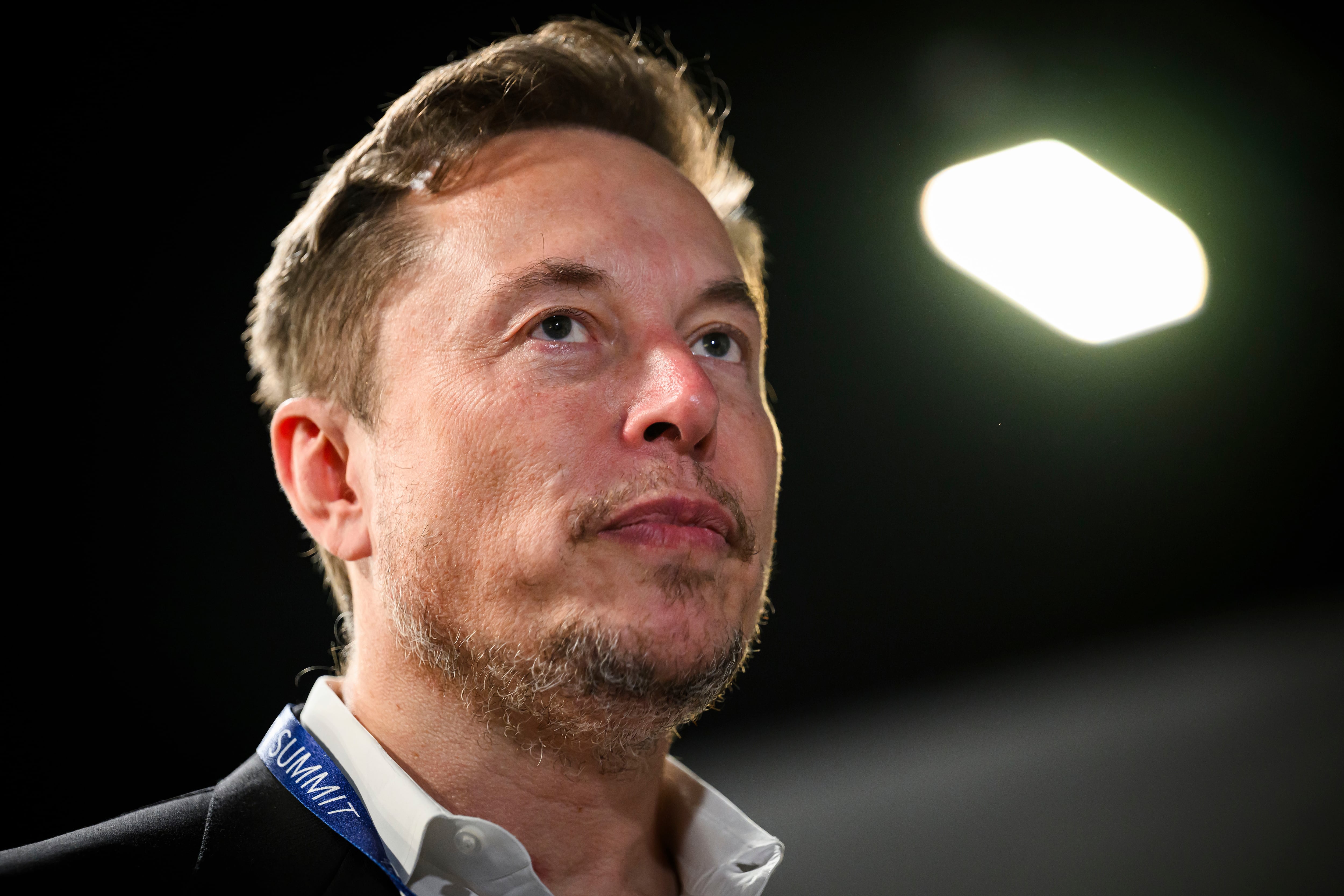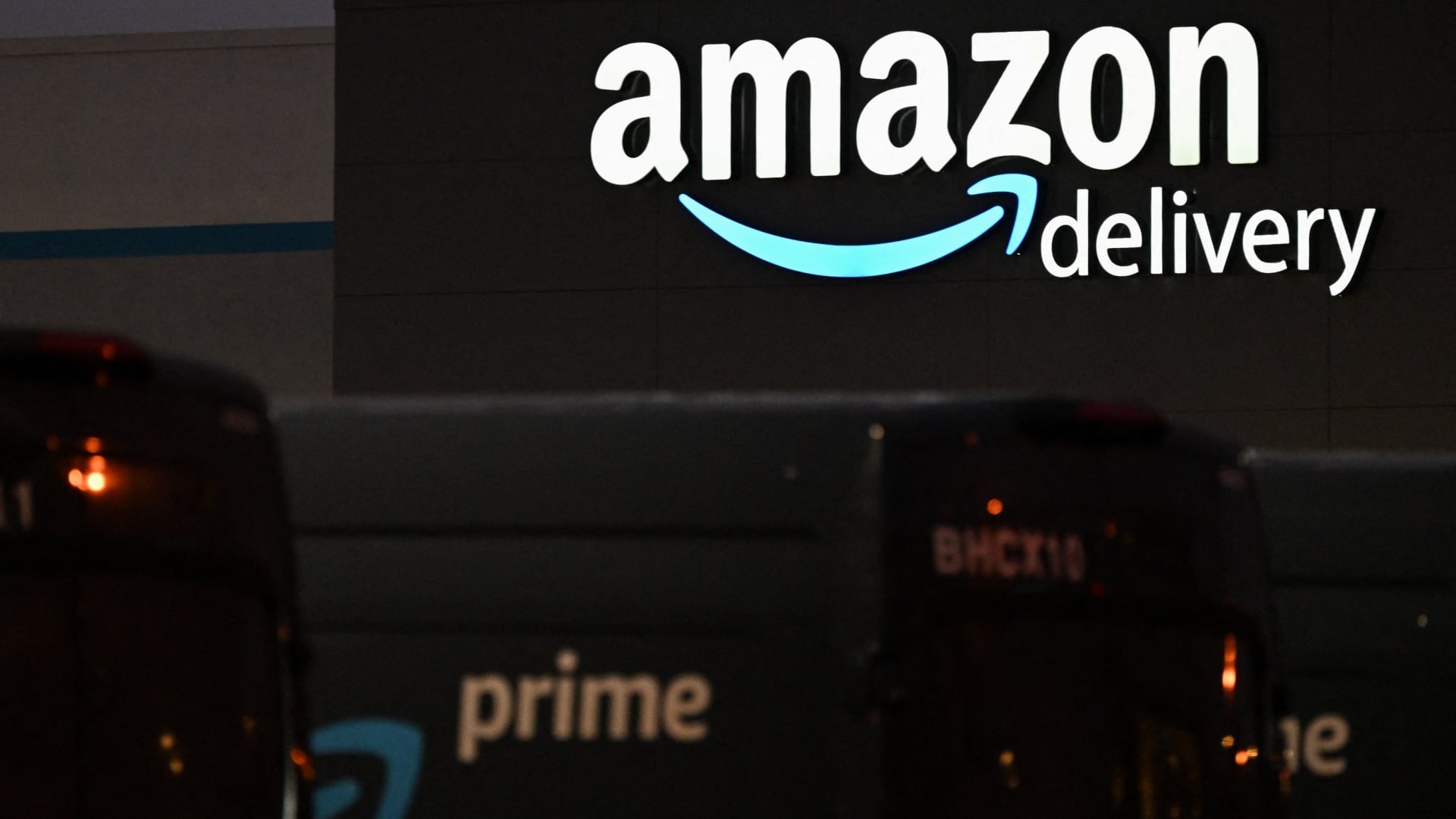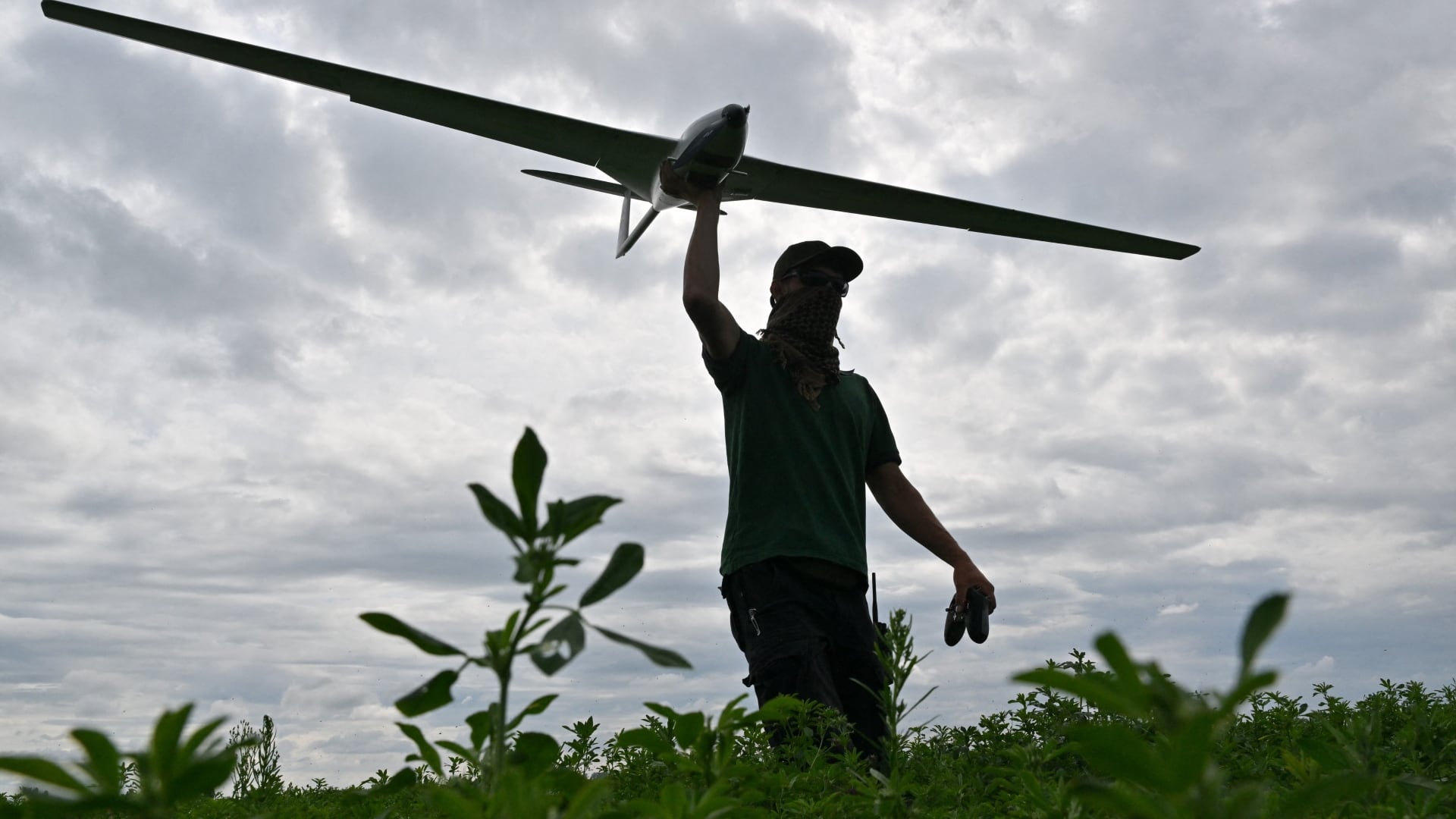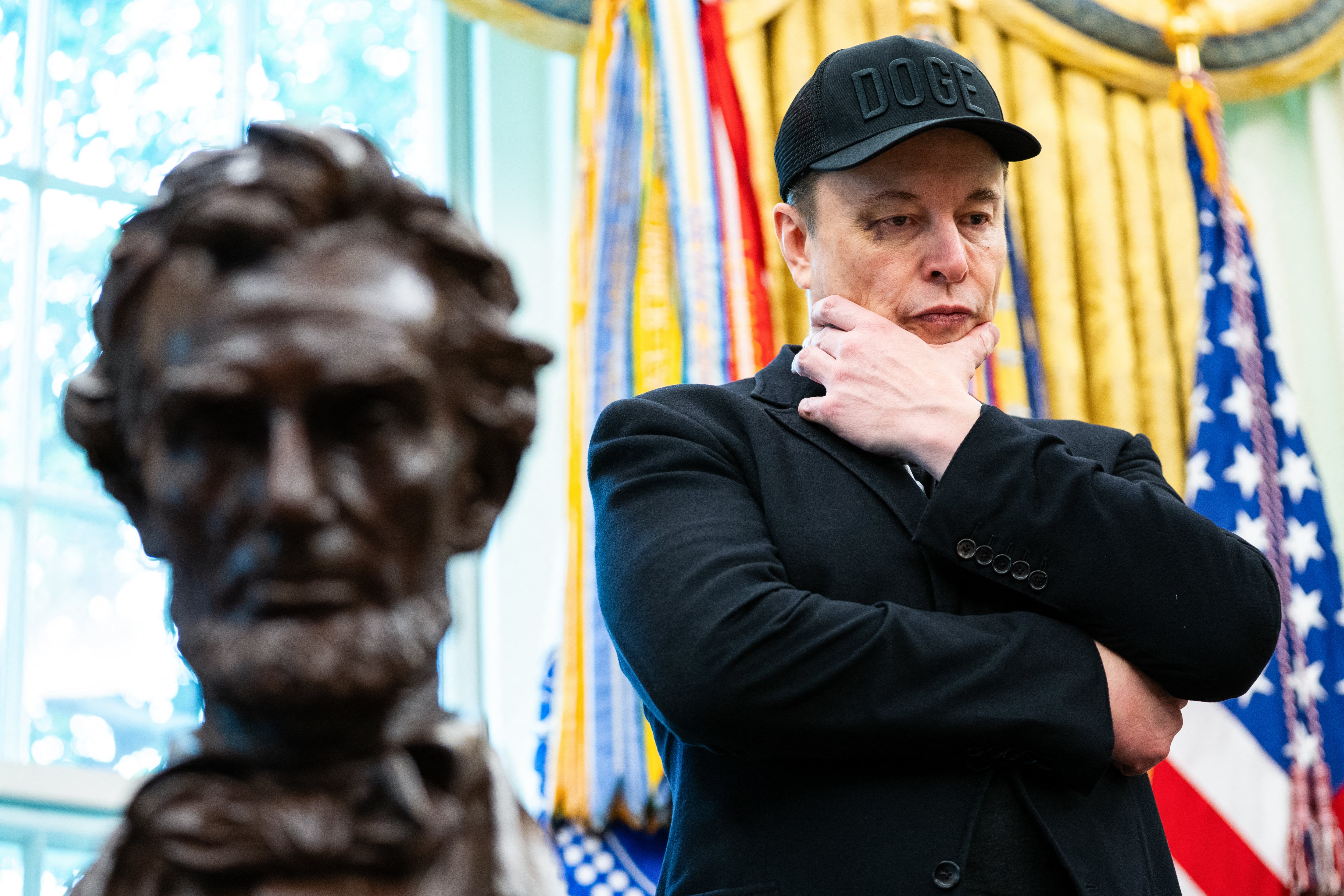*By Chloe Aiello* Stocks tumbled on Tuesday in the worst day for the markets since October, fueled by investors' fear that a flattening yield curve signals an approaching economic downturn. "We have a yield curve that is flattening in a way that has folks on watch and anxious about what that could potentially mean for the economy and therefore the stock market," Jason Ware, chief investment officer at Albion Financial, told Cheddar on Tuesday. The Dow Jones Industrial Average, the S&P 500, and the Nasdaq all lost more than 3 percent on Tuesday. The Dow tumbled close to 800 points to 25,027.07. The S&P 500 and Nasdaq lost 90 and 283 points, respectively. All three indexes remained positive on the year, due to the recent rally that preceded Tuesday's rout. What had investors spooked was the so-called "inversion" of a section of the U.S. Treasury yield curve. In theory, investors should be paid more in yield to hold debt for longer periods of time, since there's more risk over longer investment horizons. That means the yield on longer term notes (5-, 10-, and 30-year) should be higher than that for shorter term bonds (2- and 3-year). But on Tuesday the yield on the 3-year rose above that of the 5-year Treasury, and the difference between the yield on a two-year note versus a 10-year note fell to a low not seen since 2007, [according to Reuters](https://www.reuters.com/article/usa-bonds-yield-curve/treasury-yields-extend-decline-2-yr-10-yr-spread-at-new-11-year-low-idUST9N1UQ055). That "flattening" could be a bad sign ー the spread between the 2- and 10-year note has gone negative before the last three recessions. "To be sure when the yield curve inverts, it's typically a warning sign. Going back to the early 1960s, nine out of the last nine times that has happened, it's been a tell for an economic downturn about 14 to 18 months down the road," Ware said. "As far as high-quality economic indicators go, this is one that we look to as being up there with some of the best," he added. Uncertainty around G20 and the future of U.S. trade with China is compounding concern over technical indicators. President Trump and China's Xi Jinping struck an agreement that guarantees a tariff ceasefire for the next 90 days. The agreement is meant to allow for more time for trade negotiations, but some worry 90 days simply isn't long enough. "At first there was a bit of relief in terms of some positive headlines, but that quickly turned into, 'Is this even achievable in 90 days?' It's been a long slog until now. What's going to change so quickly within the next three months that we can get a positive result?" Ware asked. And if trade talks sour in the long run, that promises a "material" impact on the economy, Ware said. "If trade worsens, especially with China, I think one could argue it is a material headwind for the economy, it is a material headwind for corporate earnings growth," he said. "So as far as trade being an actual risk and a headwind to those fundamentals, it's an important one." For full interview [click here](https://cheddar.com/videos/markets-close-lower-as-optimism-over-u-s-china-trade-truce-fades).












